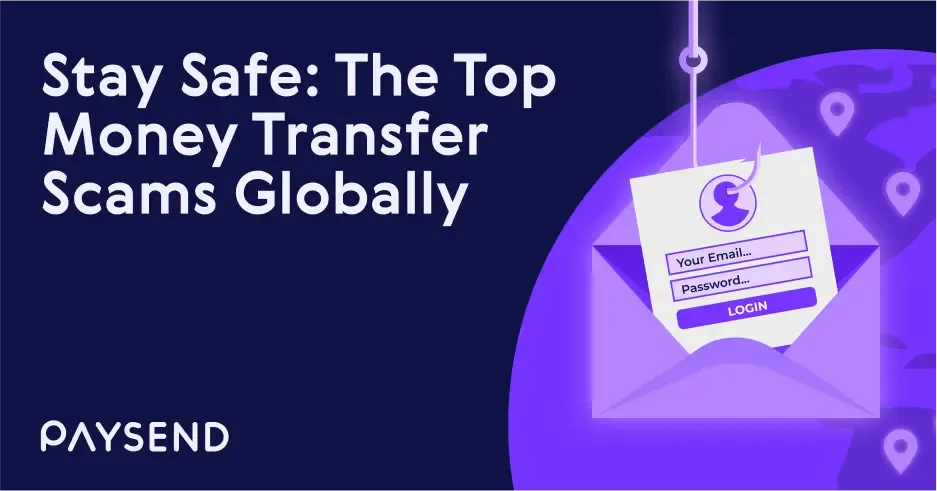How to manage overseas suppliers

Being able to source goods and services from overseas suppliers gives companies the opportunity to reduce their costs as well as increase the quality of the products and skills available to them. But managing relationships with suppliers in other countries can add an extra layer of operational complexity for management teams to consider.
Aside from the increased complexity in logistics, SMEs should also be aware of local tax liabilities, employment regulation and payment processing. Despite these considerations, Ashley Mallet, head of business at Paysend, says there has never been an easier time to ‘go global’: “Working with overseas suppliers can provide a wide range of benefits to UK firms – and there is no need for businesses to be nervous about entering into a cross-border partnership for the first time. Today’s communication and financial technology means that dealing with and managing foreign suppliers, whether they are manufacturers, wholesalers or contract workers, has never been easier.”
Make sure the price is right
The first and often most important consideration of working a new supplier, regardless of where they are based, is the cost of the goods or services they are providing. If you’re dealing in a foreign currency, you need to work out not just whether the deal is attractive at today’s exchange rate, but also what room for currency fluctuations you have.
Depending on the agreement you put in place with your supplier (see below), you may be able to agree a rate in sterling for a certain period, which will help protect you against any falls in the value of the pound.
Get a solid supply agreement
Consider including any contractual terms around pricing as part of a wider supply agreement, which could also cover:
- What the goods or services you are buying actually are.
- If there is a minimum order quantity you need to meet, or a minimum number of hours that a contractor can be expected to work every month.
- How payment will be made, for example how often and in what currency.
- Who is responsible for shipping costs, and how the burden of any delays is shared or apportioned.
- Whether you or the supplier are allowed to work with any rivals during the period the agreement is in force.
If goods are being sent across borders, you also need to set out who is responsible for dealing with and paying for customs procedures, for example.
Establish a relationship
While it may not be feasible to visit every supplier in person, it is worth trying to establish some sort of personal relationship, whether it is with your key contact at the business or an individual contractor or freelancer. Initial contact has been made much simpler to manage through the mass adoption of Teams and Zoom. Once a relationship is established, follow-up meetings should be scheduled on a regular basis.
Know your legal obligations
You will also need to understand any legal requirements that result from your relationship with a foreign supplier. For example, if you are employing foreign contractors to carry out work for you, you may need to adhere to local labour or tax laws while also complying with UK regulations. In some cases, it could be worth exploring an ‘employer of record’ service. This involves a third-party organisation acting as the legal entity employing foreign workers and taking responsibility for handling relevant regulations.
Choose the right payment solution
Making cross-border payments on time, in accordance with your contractual terms and with the minimum of hassle is key to successful relationships with overseas suppliers.
For SMEs, the benefits of using overseas suppliers are significant, but so are the possible complexities. Management teams that want to reap the rewards of wider talent pools and more cost-effective suppliers should be prepared – and properly set-up – to negotiate, process and pay before they engage with overseas partners.
Последние посты

Sending money internationally has never been easier, but as digital payments become more popular, so do scams targeting unsuspecting senders. Fraudsters use various tactics to deceive people into transferring money, often pretending to be banks, employers, or even loved ones in distress.
To help you stay protected, we’ve outlined some of the most common and most recent money transfer scams happening around the world and how you can avoid them.

Sending money to Poland isn’t just about transactions - it’s about staying connected with loved ones, supporting family, and helping celebrate life’s special moments. Whether it’s funding daily expenses, contributing to education, or lending a hand during festive occasions, the process should be fast, secure and hassle-free. With Paysend’s partnership with Visa, transferring money to Poland has never been easier.
